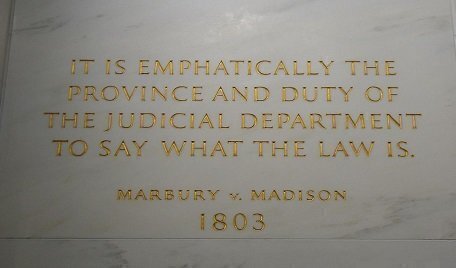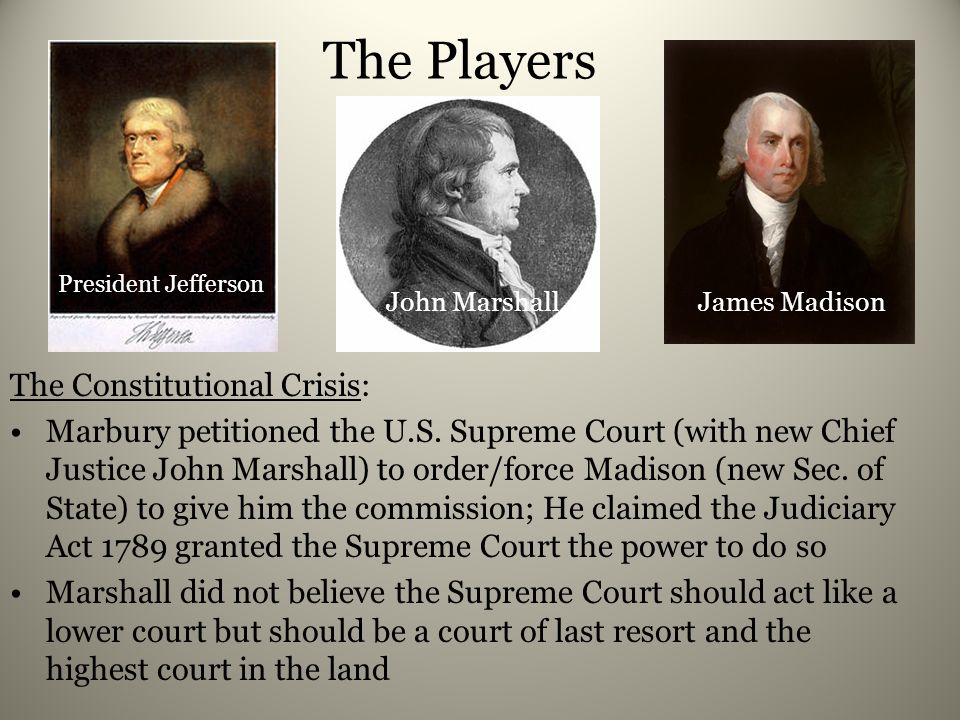Roads & PavementRoads & Pavement
Barefoot
Minimal
Low
Medium
High
Maximal
All around running shoes offer comfort and cushioning for daily runs, jogs, walks, and long mileage. They offer enough versatility for both faster and slower runs and are a great option for those who want one running shoe to do it all.
Fast run or uptempo running shoes are lightweight and responsive. They offer streamlined designs that have minimal uppers and offer a high level of energy return. These shoes are a great option for faster runs in the week or those looking for a livelier experience.
Max Cushion shoes offer premium cushioning with ample ground protection and a stable ride. These types of shoes provide abundant impact protection that softens landings while running at any pace or distance. These types of shoes are best for slower recovery runs and easy days where comfort takes priority.
Racing shoes are designed with optimal performance in mind. These types of shoes have snug-fitting uppers, energetic midsole foams, and features implemented for maximum efficiency. These types of shoes are best for runners looking to gain the ultimate advantage in races but may sacrifice some durability and comfort.
Gym Workout shoes offer a stable and versatile ride. They have a firmer underfoot feeling that provides stability for lateral movements with comfortable uppers. These types of shoes are best for trips to the gyms, cross training, casual wear, and light running. Portrait of John Marshall 4th Secretary of State under President
Road running shoes feature smooth outsoles that are designed for running on paved surfaces such as roads, sidewalks, and bike paths.
Designed to handle most trail runs, these shoes prioritize comfort and a smooth ride. These shoes are great for anything from smooth singletrack, park trails, and fireroads making them ideal for those who run from their doorstep on streets before hitting the trail.
These shoes are best used for hard, rugged trails such as shale, granite or sandstone where grip on smooth surfaces and underfoot protection are important.
Designed for use in muddy, soggy conditions, these shoes feature very aggressive outsoles that dig deep into soft ground for exceptional traction.
These shoes feature technical outsoles designed to grip snowy and icy trails making them ideal for winter trail running.
Cushioning level, or stack height, refers to how much shoe is between your foot and the ground. For this category, we reference the amount of cushioning below the forefoot as the heel height will be equal to or greater than the forefoot height.
John Marshall Cases Quotes Facts
0-13mm. The Shoe generally does not have a midsole and feels like there is no cushioning. This shoe is all about feeling the ground underfoot.
14-18mm. The shoe has a thin midsole that allows for a natural running experience. Racing shoes and minimalist shoes are common here. These shoes offer a feeling of being connected to the road or trail.
19-23mm. The shoe has a slightly cushioned feel and may feature added cushioning technologies. Performance training shoes and some trail shoes are common here. These offer protection during footstrike but prioritize a lightweight, grounded experience.
24-28mm. These shoes have a stack height that fall near the middle of the spectrum.The shoes in this category are verstaile and great for all types of runs and distances.
29-34mm. The shoe has a thick midsole and ample cushioning. These shoes are highly protective and absorb more impact than the body.
35mm plus. The shoe has an extremely thick midsole and extra cushioning. The focus is on protection and soft foam underfoot with hardly any ground feel.
Neutral shoes support the foot through a normal range of arch collapse and generally do not have a built-in technology to correct movement.
Stability shoes are a great option for those who overpronate or need added support. These shoes help to limit the inward rolling motion of the ankle while running or walking and assist in guiding the foot straight through the gait cycle. The Marshall Court Ballotpedia
Product Details:
John Marshall Slaveholder The Atlantic top, Solved How did Chief Justice John Marshall rule in the Chegg top, Who s Afraid of the Supreme Court Department of Government top, John Marshall Slaveholder The Atlantic top, History of the Court The Marshall Court 1801 1835 Supreme top, Marbury v. Madison Wikipedia top, John Marshall Founding Father Chief Justice of US Supreme top, A Federalist Stronghold John Marshall s Supreme Court ushistory top, John Marshall Harlan II Wikipedia top, How Did John Marshall Impact The Supreme Court 2024 towncentervb top, John Marshall Wikipedia top, Chief Justice John Marshall ppt download top, John Marshall Founding Father Chief Justice of US Supreme top, The Marshall Court Ballotpedia top, John Marshall Cases Quotes Facts top, Portrait of John Marshall 4th Secretary of State under President top, Marbury v. Madison and the independent Supreme Court top, Judicial review in the United States Wikipedia top, John Marshall 1755 1835 Biographies American History From top, Burr versus Jefferson versus Marshall The National Endowment for top, The Supreme Court . The Court and Democracy . Landmark Cases top, John Marshall Harlan Wikipedia top, Marbury v. Madison 1803 National Archives top, Opinion How the Founders Intended to Check the Supreme Court s top, John Marshall The Free Speech Center top, Marbury v. Madison Background Summary Significance Britannica top, McCulloch v. Maryland 1819 National Archives top, John Marshall Founding Father Chief Justice of US Supreme top, The Great Chief Justice top, John Marshall Wikipedia top, The Project Gutenberg eBook of The Life of John Marshall Volume top, The Marshall Court Ballotpedia top, Marbury v Madison Summary Facts Significance APUSH top, How John Marshall Made the Supreme Court Supreme top, John Marshall Hamilton 2.0 Journal of the American Revolution top, John Marshall Founding Father Chief Justice of US Supreme top, History of the Court The Marshall Court 1801 1835 Supreme top, A Federalist Stronghold John Marshall s Supreme Court ushistory top, Marshall Trilogy Tribal Governance top, John Marshall The Free Speech Center top, John Marshall Founding Father Chief Justice of US Supreme top, John Marshall Cases Quotes Facts top, John Marshall Marbury v. Madison and Judicial Review NEH top, History of the Court The Marshall Court 1801 1835 Supreme top, Marbury v. Madison The Supreme Court claims its power top, Marbury v. Madison The Supreme Court claims its power top, John Marshall Founding Father Chief Justice of US Supreme top, How John Marshall Expanded the Power of the Supreme Court HISTORY top, John Marshall The Free Speech Center top, Life Story John Marshall SCHS Civics Classroom Resources top, Product Info:
The authority claimed by john marshall in top.
- Increased inherent stability
- Smooth transitions
- All day comfort
Model Number: SKU#7491133





